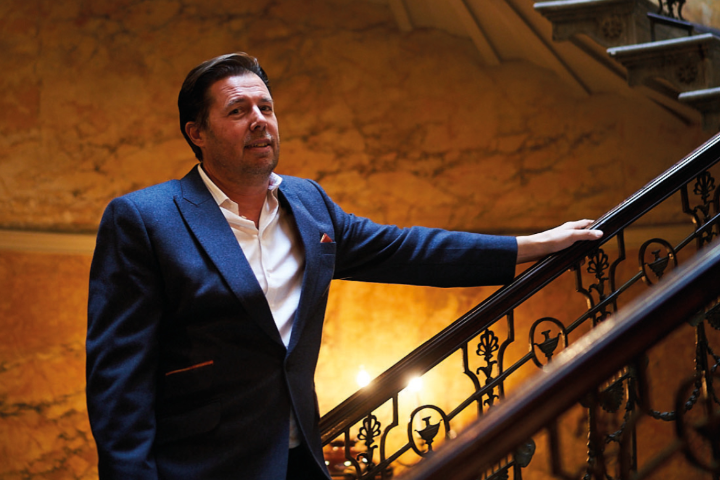
Brand Sweden is Dead, Long Live Brand Sweden
15 May 2025
As the CEO of a PR agency, I spend a lot of time coaching my clients on how to communicate. And one of the most important pieces of advice I give is to ‘know your audience’.
There’s irony, then, in me writing a column for the Swedish Chamber of Commerce for the UK’s magazine in which I pronounce ‘Brand Sweden’ to be dead. I’m hardly practicing what I preach.
Yet, it feels relevant. I’ve spent the last decade of my career raising the profile of Nordic organisations in the international media, and part of that work involves bringing journalists from the likes of The Telegraph, BBC, and CNBC over to Sweden to learn about the business landscape for themselves.
Often the narrative they take back to their editors in the UK and the US is remarkably repetitive. Everyone they interview uses the same line about Stockholm having the most unicorns per capita of any city outside of Silicon Valley. Or they talk about the 1998 technology reform act, where subsidised computers were given to households.
These have always been strong messaging points, describing an economy that historically punches above its weight. And a few years ago, they supported the British view of Sweden as Utopian.
But the times have now changed. That reform act was a whole generation ago. One of those unicorns, Skype, was wound down by Microsoft the other week. Another, Spotify, is so big that many assume it to be American.
I’m not saying there aren’t aspects of Swedishness that are world-beating and attractive to a UK audience. But brands need to do more than stick a Swedish flag in the corner of their website, pick yellow and blue brand guidelines, and talk about fikas.
For example, we recently brought a journalist from Forbes to Gothenburg, ahead of GoWest - the city’s flagship tech and venture capital conference. Our goal was for her to experience the ecosystem firsthand and share insights with her readers, so we arranged meetings with corporate decision-makers, investors, startups and scaleups.
Two major themes emerged from her analysis. She noticed a deep environmentalism running through the city, reflected in the climate scaleups she met and how Sweden ranked 4th for climate tech funding globally in 2023. This feels like a strong message for Swedish organisations to embody; sustainable heritage from a country that popularised flygskam (flight shame) and has some of the most ambitious net-zero targets on earth.
The other theme this journalist picked out? Collaboration. She noticed a remarkable interplay between academic institutions, big corporates in Gothenburg, and the tech and venture sectors. This deep-rooted cooperative instinct reflects the flat hierarchies and desire for consensus Swedes are known for.
These expressions of ‘Brand Sweden’ might take longer to explain than the unicorns per capita statistic. But they are powerful examples of how organisations can weave their heritage into their messaging in a more nuanced way.
Another piece of PR advice I give my clients is: ‘show don’t tell’. Don’t tell me you’re a brilliant business, show me a portfolio of your impressive customers. Don’t tell me your experts, demonstrate your expertise. At our agency, using the word “leading” is banned from press releases - you have to show why a company is leading instead.
This ‘show don’t tell’ mantra can help Swedish brands in today’s communications landscape. Don’t tell me you’re Swedish and expect plaudits. Instead, show me how your business expresses Swedish design philosophy, or has sustainability at its core, or listens to all its employees before making decisions.
Where a company comes from is less relevant today than it used to be, especially for challenger brands. As technology investor a16z decreed in a now-famous white paper three years ago, ‘The Company of the Future is Default Global’. Technological advancement and remote work have made the traditional path of conquering markets one country at a time increasingly obsolete. For that reason, modern audiences care less about where you’re from and more about what you can do for them.
To be clear, I still think Brand Sweden has a spectacular advantage on the global business stage. But organisations should use it wisely, sparingly, and perhaps with a contemporary refresh.
And one final word of caution. Though we Brits will always have a soft spot for Swedes, this isn’t quite the same for our cousins across the pond. In 2023, Visit Sweden revealed 50% of Americans couldn’t differentiate between Swedish and Swiss culture.
But I’ll save my thoughts on Brand Switzerland for another time.



